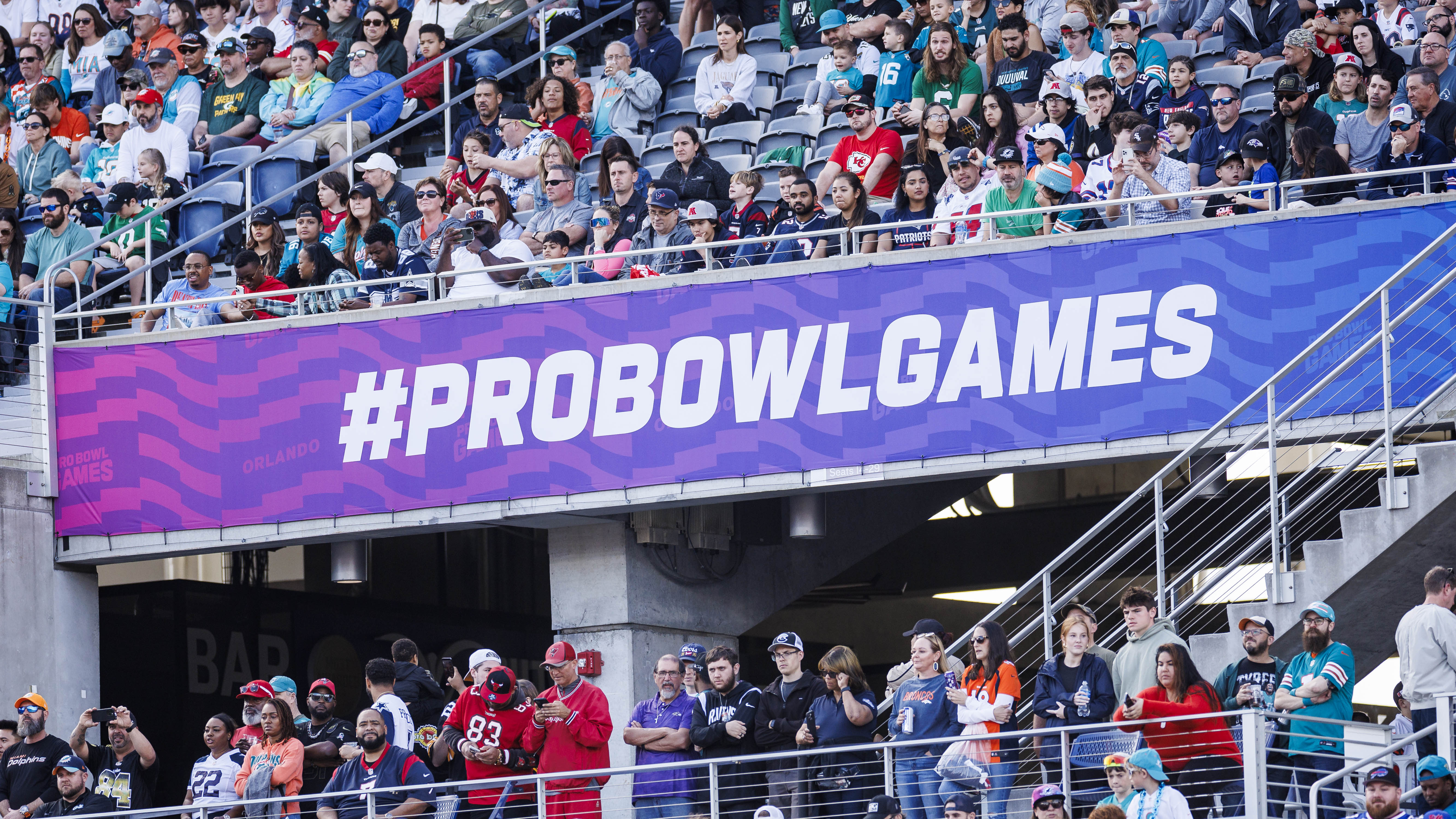Super Bowl LVIII is in the books, and with it came some overtime playoff football.
After the incredible battle between the Kansas City Chiefs and Buffalo Bills two years ago ended without Josh Allen’s team possessing the ball in overtime, NFL owners voted on a rule change. The hope was that a coin toss will have less of an impact on the results of these high-stakes games.
On Sunday, the new rules were put to the test in the Super Bowl. The San Francisco 49ers won the overtime toss, chose to receive the ball and scored a field goal on their ensuing possession. It wasn’t enough for the 49ers, though, as Patrick Mahomes proceeded to march the Chiefs down the field for a game-winning touchdown.
What exactly are the new overtime rules, and how should teams handle them once the game moves past regulation?
Here’s everything you need to know about the updated playoff overtime protocols:
When did the NFL change playoff overtime rules?
The Philadelphia Eagles and Indianapolis Colts proposed an updated set of playoff overtime rules for the 2022 season, and that rule change was passed after a 29-3 vote by the NFL owners.
NFL
What are the NFL's playoff overtime rules?
OK, here we go. The updated NFL playoff overtime rules are as follows:
Get a weekly recap of the latest San Francisco Bay Area housing news. >Sign up for NBC Bay Area’s Housing Deconstructed newsletter.
- There will still be a traditional coin toss, with the road team choosing either heads or tails. Whichever team wins the coin toss will have the option to kick off or receive the ball.
- Both teams will have an opportunity to possess the ball.
- If the score is tied after each team has possessed the ball, the game becomes sudden death and the next score wins.
- If the team kicking off to start overtime scores a safety on the receiving team’s initial possession, the team that kicked off is declared the winner.
- There are no coaches’ challenges in overtime. The only reviews will be initiated by the replay official.
- Each team gets three timeouts for every two overtime periods (30 minutes total). So, if the game goes into triple overtime, timeouts will reset to three for each team.
What happens if you tie in overtime in the NFL playoffs?
While regular season games can end with an even score after a 10-minute overtime period, ties can not happen in the playoffs.
Postseason overtime periods are 15 minutes. If the score is still tied after 15 minutes – or if the second team’s initial possession has not ended – the two teams start another 15-minute period until the result is decided. The second period is played like a regulation second quarter, where the team that had the ball at the end of the first period gets the ball at the same yard line to begin the second.
What team wants the ball first with the new overtime rules?
This is where things could get tricky.
In previous years, the team that won the coin toss would almost certainly choose to receive the ball. If they could just score a touchdown, the game would immediately end and their defense wouldn’t even have to take the field. The team that won the coin toss was 10-2 in 12 overtime playoff games from 2009 to 2021, with seven of those 10 winners scoring on the first possession.
That could change now, especially if a team trusts their defense. The rules bring out plenty of hypothetical questions that coaches could now have to answer in real time:
- Does the first team with possession ever settle for a field goal? Or do they go for it on every fourth down?
- If the first team scores a touchdown, do they kick the extra point or go for two?
- If the second team is down seven and scores a touchdown, would they tie the game or go for two and the win?
With there being no overtime playoff games last season, the 49ers were thrown into the fire and had to make those decisions for the first time this year. Despite the loss, 49ers head coach Kyle Shanahan defended his decision to receive the overtime kickoff in Super Bowl LVIII.



